Mozambique: Ports handled 10% more cargo in 2024
“There is a clear correlation between Mozambique’s high debt levels and growth of violent extremism” – Researcher

FILE - For illustration purposes only. [File photo: Lusa]
Researcher Isel Ras, from South African Institute for Security Studies (ISS Africa), believes that Mozambique’s debt crisis, discovered in 2016, helped trigger violence in Cabo Delgado in recent years.
“There is a clear correlation between Mozambique’s high debt levels and the growth of violent extremists” Ras writes in an academic article on the link between debt and terrorism in African countries, using the country as an example.
In the article, which Lusa had access to today, Isel Ras states that “research reveals that following the hidden debt scandal, there was a significant decrease in government healthcare expenditure” adding that “this diminished resource allocation and limited access to necessities eroded citizens’ trust in the state.”
The hidden debt scandal, as it became known, concerns loans taken out in 2014 by public companies without the knowledge of parliament, financial institutions and international donors, which ended up not being used for the purposes for which they were intended, namely the purchase of a fleet of speedboats to patrol the coast of Mozambique.
The case plunged the country into a financial crisis. Donors cut funding, rating agencies placed the country in default and Mozambique’s international reputation was seriously damaged.
With trials in several jurisdictions still ongoing, the case is still unresolved, as investors and Mozambican authorities both say they were harmed and demand compensation.
In the article, Isel Ras says that ” in sub-Saharan Africa, economic marginalisation, poverty and lack of access to essential services are significant drivers of violent extremism”, like that plaguing the gas-rich Cabo Delgado province since the end of the last decade.
“All of these [factors],” she continued, “worsened with Mozambique’s debt scandal” as “insurgents capitalise on such situations, exploiting grievances caused by state deficiencies”. The analyst cites a 2019 study by the United Nations Development Program (UNDP) which “estimates that between 2007 and 2016, the impact of terrorism on African countries’ gross domestic product, loss of informal economic productivity, increased security expenses, and refugee/displaced persons, cost over US$119 billion (almost €110 billion)”, and that in the case of Mozambique, the Centre for Public Integrity “puts the fiscal impact of Mozambique’s conflict at US$1.69 billion (€1.5 billion euros) between 2018 and 2022”
The analyst highlights that “poor governance […] lies at the heart of both Mozambique’s debt crisis and its insecurity”, also warning that ” the government’s commitment to accountability and transparency, and to tackling the drivers of violent extremism, remains lacking”.
Mozambique’s public debt to GDP ratio rose from 64.3% in 2014 to 126.2% in 2016, with hidden loans taken into account, and then improved to around 90% at the end of last year, but still thus remaining one of the highest in Africa, which makes the cost of external loans more expensive and takes away essential budgetary space for manoeuvre to encourage economic development.
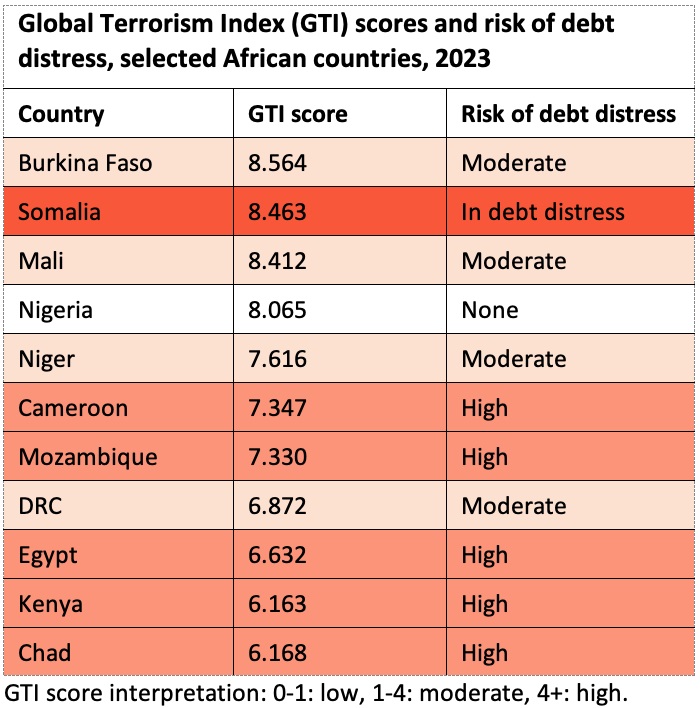
Deaths caused by terrorist attacks in Cabo Delgado dropped to less than a hundred in 2023, after more than 250 victims per year between 2019 and 2022, according to Government figures.
The conflict in the north of the country has already displaced more than one million people, according to the United Nations High Commissioner for Refugees (UNHCR), and cost more than 4,000 lives, according to the ACLED conflict registration project.
- The article ‘When debt and terrorism intersect: the case of Mozambique’ is HERE.


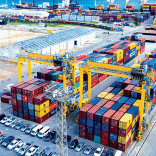
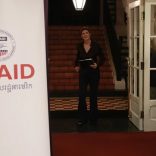




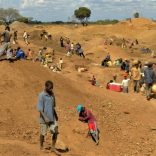

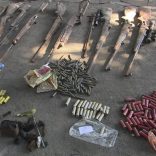
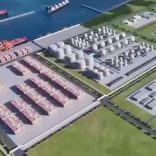
Leave a Reply
Be the First to Comment!
You must be logged in to post a comment.
You must be logged in to post a comment.